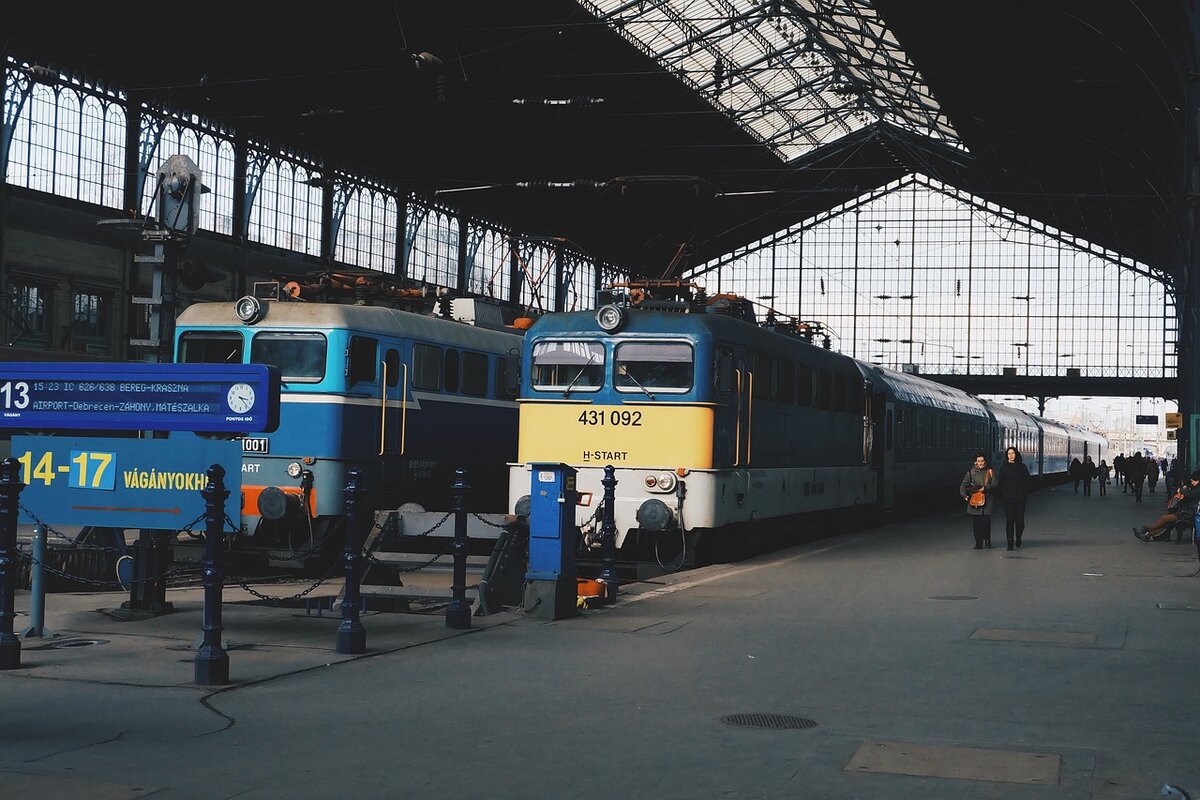Change language:
Trains in Hungary replaced on many lines as MÁV experiences huge shortage of vehicles

Even closing some railway lines due to the lack of railway vehicles couldn’t fix the issues MÁV had with managing their diesel vehicles. It seems that the number of diesel trains that could be put into service only continued to decrease.
According to a statement sent to Telex by the non-governmental organisation Közlekedő Tömeg, the number of MÁV diesel locomotives running on non-electrified railway lines has only continued to decrease, even after last year’s low numbers. As they report, there are certain lines where replacement buses have been in operation for weeks now.
The number of trains replaced by buses due to vehicle failure operating on branch lines increased dramatically after the appointment of János Lázár as Minister of Transport, they added. They also think that the destruction of competitive public transport is another sign that the government is neglecting rural Hungary.

As Index reports, since January 2021, the number of vehicles replaced by buses due to the fact that multiple units were unable to operate, skyrocketed in June 2023 marking the lowest point in a long time, as 15 times as many trains were missing (856) than the year earlier (56).
The number of trains missing and requiring replacement at the last minute only fell to the 2022 level by the end of last year, below 100 per month, but approximately 3,000 trains per month are currently missing due to railway closures, or they are also replaced by buses.
Many of MÁV’s locomotives are unable to operate, as one-third of their most modern diesel locomotives (Desiro), which are over 20 years old, 40 percent of Uzsgyiks, which are also considered modern, and more than half of the 50-year-old M41 (Csörgő) diesel locomotives used on main lines cannot be put into service.
Modern trains are promised to take over
As we previously reported, news broke earlier this month that MÁV is planning on modernising its locomotive fleet. The state-owned railway company intends to further expand its fleet of Siemens Eurosprinter electric locomotives. Currently, there are 15 state-of-the-art, high-powered electric locomotives in the country, all of which are used trains in good condition, presently leased by the MÁV-START Group.
These new Siemens electric locomotives started operating in the second half of October 2023 in Hungary. They had to be put into service primarily because, as of December of that year, Austria ceased to accept trains on its domestic lines that lacked onboard equipment capable of employing the European Train Control System Level 2 (ETCS L2). The modern Eurosprinter trains initially operated in the eastern part of Hungary, primarily on domestic InterCity lines, however, they can also access networks in Germany, Austria, Romania, Croatia and Serbia.
Read also:
- Great news: It will be easier to reach Lake Balaton by train very soon – Read here
- Hurry up: Tickets to Adria InterCity from Hungary to Croatia selling out!







